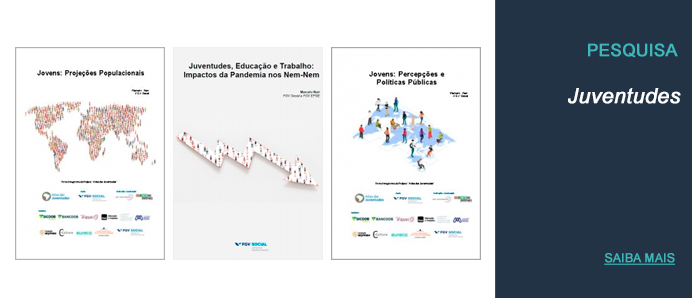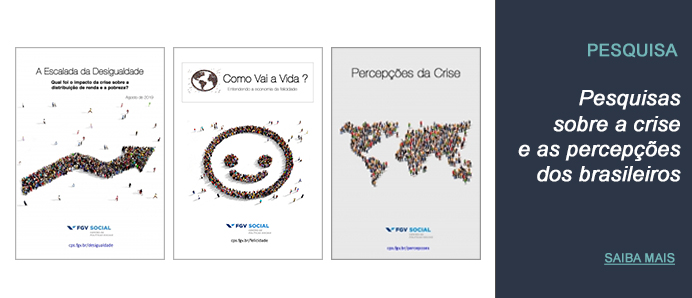Prêmios educacionais
inglês
Linkages between Growth, Poverty and the Labour Market
inglês
Pro-Poor Growth and Social Programmes in Brazil
inglês
Equity and Effciency in Education: Motivations and Targets
inglês
Desenho e Diminuição de Pobreza: Programa Cartão Família Carioca & Impactos de Incentivos na Vida Escolar - Alunos Beneficiado (Recebe CFC) / Simulador de Probabilidades
Indefinido
Desenho e Diminuição de Pobreza: Programa Cartão Família Carioca & Impactos de Incentivos na Vida Escolar - Desempenho dos Alunos (Notas) /Simulador de Notas
Indefinido
Desenho e Diminuição de Pobreza: Programa Cartão Família Carioca & Impactos de Incentivos na Vida Escolar - Desempenho dos Alunos (Notas) /Simulador de Notas
Indefinido
Equality and Efficiency in Education: Motivations and Targets
inglês
Poverty, Inequality and Income policies: Lula´s Real
inglês
Mobilidade Ocupacional e Raça: Origens, Destinos e Riscos dos Afro-Brasileiros
Português, Brasil










